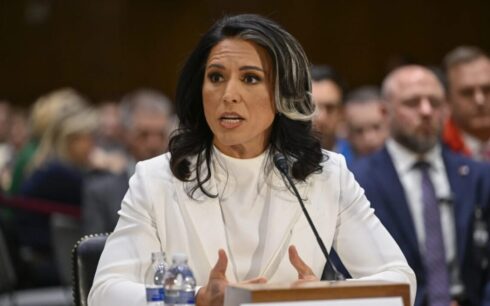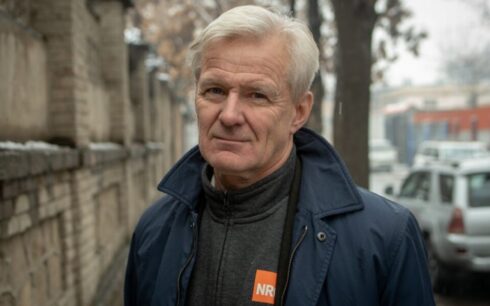UNITED NATIONS, New York — The United Nations’ top humanitarian official urged the Security Council to take immediate action to reduce interference in the delivery of humanitarian aid in Afghanistan, warning that the country’s worsening crisis threatens the survival of millions.
Tom Fletcher, Under-Secretary-General for Humanitarian Affairs, delivered a stark assessment during his briefing to the council on Thursday, emphasizing the devastating toll of poverty, food insecurity, and collapsing healthcare systems.
“Almost half the population lives in poverty,” Mr. Fletcher said. “One in three Afghans are food insecure, and over a third lack access to health services.”
Impact of women’s education ban
Mr. Fletcher underscored the alarming implications of recent policies enacted by the Taliban authorities, including a directive banning Afghan women from completing medical training programs.
“This ban could prevent more than 36,000 midwives and 2,800 nurses from entering the workforce in the coming years,” he warned. “Maternal mortality rates, already among the highest in the world, will rise dramatically.”
Afghanistan has long grappled with a fragile healthcare system. Currently, one in three Afghan women give birth without professional medical support, and a woman dies from preventable maternal complications every two hours, according to U.N. data.
The broader crackdown on women’s rights has also hindered aid efforts. Since the introduction of the Taliban’s “Promotion of Virtue and Prevention of Vice” law in August, the proportion of female humanitarian workers reporting restrictions on their work has more than doubled, Fletcher said.
Humanitarian aid at risk
Despite these challenges, U.N. agencies and their partners provided life-saving assistance to nearly 18 million Afghans in 2024, including over 8 million children. However, underfunding and government interference are jeopardizing these operations.
“Hundreds of medical centers have closed, depriving 3 million Afghans of healthcare,” Mr. Fletcher said. “Almost 6 million people have lost monthly food distributions since May, and many others have seen rations halved.”
Resolution 2615, a Security Council measure allowing for humanitarian aid expenditures, has facilitated $6.7 billion in relief efforts since August 2021. But operational hurdles imposed by the Taliban, including licensing fees and restrictive measures targeting women, continue to delay aid delivery.
In his address, Mr. Fletcher called on the Security Council to increase funding for humanitarian operations, reduce aid obstruction, and support long-term investments in agriculture, healthcare, and essential services.
“Afghans face immense challenges, but they have not lost hope,” Mr. Fletcher said. “As they navigate this tough period, we must continue to support them—with international solidarity and genuine humanity.”
The U.N. estimates that $2.4 billion in additional funding will be needed for Afghanistan in 2025.





